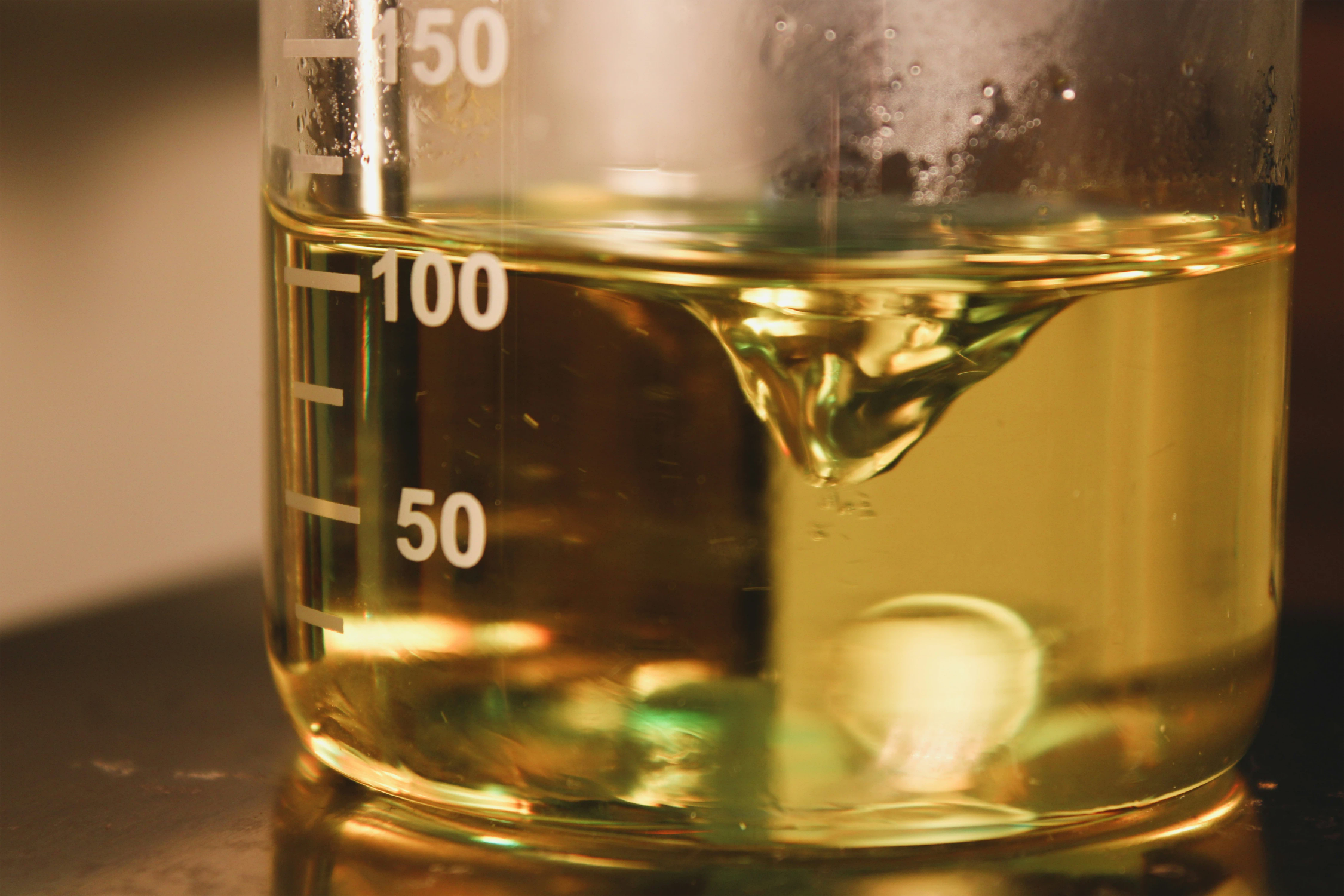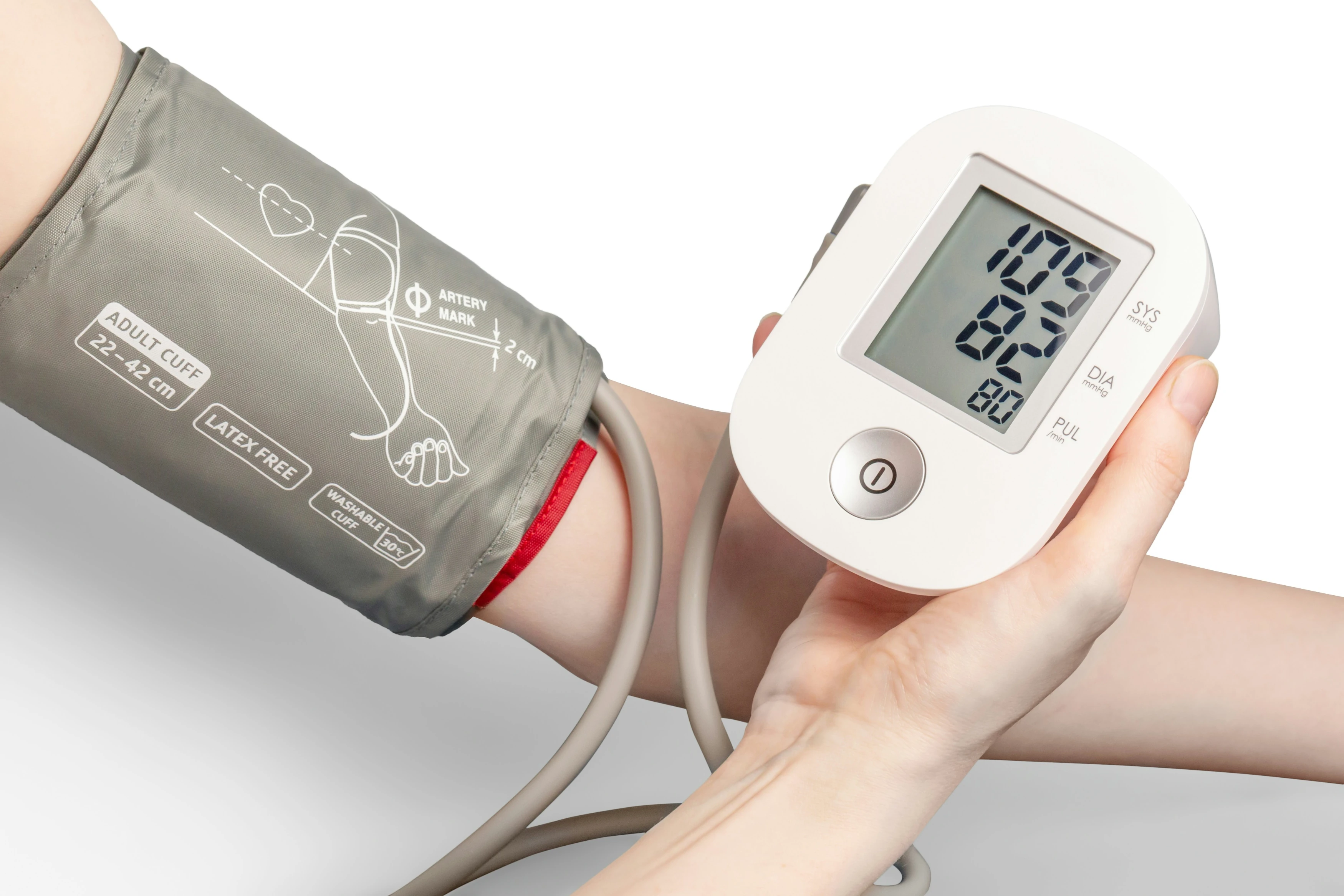
Extra virgin olive oil for overall health
15 March 2024
Polyphenols are the component in extra virgin olive oil responsible for its well known health benefits. But how exactly do they contribute to your overall health? Here’s what the research says.
If you’re trying to improve your overall health, then you should specifically look for extra virgin olive oils with high polyphenols. Studies have shown that various beneficial health effects are more pronounced, or even can only be found in the groups that consume a high phenolic olive oil over an ordinary one. This specific type of oil can confer general benefits to your health, like reducing blood pressure and cholesterol levels, it may also have a preventative effect on certain ailments and diseases. We discuss and review studies for each disease or marker of health below.
General Health

Cholesterol
In vitro and in vivo human and animal studies have shown that EVOO reduces blood pressure, improves the lipid profile by increasing HDL-cholesterol and reducing LDL-cholesterol and triglyceride levels, reduces oxidative stress, and inhibits human lipoprotein oxidation, making LDL, for instance, less atherogenic. Source
In conclusion, our results showed that EVOO-PC enhances the antiatherogenic properties of HDL by reducing oxidative modifications to HDL and by maintaining the physicochemical properties of HDL, which in turn improve the functionality of HDL, especially the capacity to promote cholesterol efflux. Source
As you can see from the quotes above, taken from studies on extra virgin olive oil and cholesterol, the word atherogenic is used. If you’re not already familiar with this word, it is the process of plaques forming in a certain layer of the arteries. This process, if it continues over a period of time, can lead to inflammation and issues such as atherosclerosis. Atherosclerosis is the underlying cause of heart attack and stroke, and cholesterol seems to be a key component of these arterial plaques. Elevated levels of LDL cholesterol seems to be directly associated with atherosclerotic cardiac events (Source).
With this in mind, it becomes clear why the ‘antiatherogenic’, LDL reducing and HDL boosting effects of extra virgin olive oil with phenolic compounds (EVOO-PC) are so beneficial. Not to mention the cholesterol efflux, the ability of HDL to pick up and move cholesterol within plaques to be disposed of. So not only is there potential for these oils to help prevent the formation of dangerous plaques, but there’s also the potential for them to help remove damage that may have already formed.
High Blood Pressure
...olive oil phenolic compounds can amend endothelial function by increasing NOS expression levels, including iNOS and eNOS, hence increasing nitric oxide bioavailability. Source
Although though recommendations on the consumption of single foods are inappropriateit can be concluded that a diet rich in multiple polyphenol-rich foods is likely to improve vascular health and reduce the risk of hypertension. Source
With some evidence pointing to endothelial inflammatory activation promoting hypertension development (Source), it follows logically that phenolic compounds that amend the endothelial function may play a preventative role in the development of hypertension. The second quote above also pointing out that although it’s difficult to recommend a single source of polyphenol containing foods (as effects initial health and dietary requirements are different for everyone), polyphenol-rich foods are likely to improve vascular health and reduce the risk of hypertension.
In fact, this study concludes that “Both experimental and human studies are overall robust in showing anti-hypertensive effects by OO, due to its high oleic acid and antioxidant polyphenols content”. It goes on to say that EVOO appears to be the optimal fat choice for hypertension management protocols in both healthy and cardiovascular patients. This is supported by another study that found extra virgin olive oil to be the most nutritious when scored against 31 other edible fats, with butter coming in as the 30th most nutritious.
Disease Prevention

Cancer
Highest olive oil consumption was associated with 31% lower likelihood of any cancer… Source
These studies describes that the modulation of gene expression by EVOO or its phenolic compounds through multiple mechanisms, both in vitro and in vivo, can provide a new therapeutic way for the treatment and/or prevention of colon cancer. Source
Prevention is better than cure when it comes to cancer, treatments are advancing, but few of them are without side effects. Large dietary studies are extremely hard to draw conclusions from as management of the factors that may contribute to cancer in the group of people being studied is almost impossible. That being said, the studies we have so far aim to control adherence to a particular diet and draw (hopefully) statistically significant conclusions from it. The study from the first quote above looks at the results of 45 other studies and draws an overall conclusion from those. The 31% lower likelihood stat comes from a combined view of the 37 case-control and 8 cohort studies, and interestingly pointed out the significant effects were seen in both Mediterranean and non-Mediterranean participants.
The second quote is from a study that concludes that a daily intake of olive oil polyphenols should be recommended for young adults, and women (particularly post-menopausal women). It focuses on colon cancer, the third most common cancer worldwide, and concludes that the consumption of olive oil plays a part in the significant reduction in the risk of colorectal cancer in the Mediterranean population (Source).
Alzheimer’s and Dementia
With similarities to cancer, Alzheimer’s and Dementia do not yet have curative treatments, or even treatments that are without side effects. This only highlights the importance of a preventative approach. The neuroprotective effects of the phenolic compounds in olive oil has been studied in both mice and human subjects, and the evidence for it is mounting. As Alzheimer’s disease is a neurodegenerative disease, studies such as this one have begun to assess the viability of consuming high phenolic olive oil as a preventative measure against Alzheimer’s disease (AD).
In conclusion, the significance of EVOO and its phenolic compounds in the context of AD is pronounced, especially considering that AD is a condition that begins years before symptoms appear, underscoring the critical need for preventive approaches in the face of the current lack of curative treatments. Source
There are also studies undertaken on more general, age related cognitive decline, and how the phenolic compounds might affect that. This study published in July of 2023 highlights how oxidative stress is commonly seen as a hallmark in age-related cognitive decline. As many studies have concluded, oxidative stress is reduced by high polyphenol olive oil [1], [2], [3].
A growing body of research indicates that high consumption of olive oil phenolic compounds is associated with better preservation of cognitive performance, conferring an additional benefit, independent of the dietary pattern. Source
Heart Disease
Research shows that eating a Mediterranean-style diet can reduce your risk of another heart attack. A Mediterranean diet typically means one that is rich in fruit and vegetables, oily fish, such as sardines, and wholegrain cereals, with modest amounts of meat and low-fat dairy. Source
Higher baseline total olive oil consumption was associated with 48% (HR: 0.52; 95% CI: 0.29 to 0.93) reduced risk of cardiovascular mortality. Source
The Mediterranean diet is well known for its beneficial health effects, even despite a moderate level of red wine consumption among its adherents. Undoubtedly a major component of the Mediterranean diet is extra virgin olive oil, but the extent to which EVOO is responsible for these healthy effects is still a matter of study. This narrative review looks into exactly that question and describes EVOO as a ‘superior choice’ when compared with other dietary fats and goes on to say that daily use of EVOO would improve a ‘plethora of risk factors in as few as three weeks’.
This study concludes that olive oil consumption, as one of the main components of the Mediterranean diet, is key for cardiovascular disease prevention.
The best extra virgin olive oil for health
As mentioned in the beginning (and noted in the studies discussed here), the healthiest type of extra virgin olive oil is high polyphenol. Polyphenols are measured in mg/Kg, which just means milligrams of phenolic content per kilogram of olive oil, higher is usually better. You can view the healthiest oils available to the UK here, ordered by highest polyphenol content first.
Conclusion
The evidence for high polyphenol extra virgin olive oil providing a positive, overall health effect for individuals seems to be growing. To summarise, the main beneficial effects of daily consumption of high polyphenol EVOO studied so far are: neuroprotective effects, cardioprotective effects, positive changes in gut microbiota composition, and anti-inflammatory effects with reduction of oxidative stress and cancer prevention Source.
There also seems to be a theme in the research that a higher intake of extra virgin olive oil among participants is correlated with better health markers or outcomes. From these studies, the suggested daily intake seems to be between 2 to 4 tablespoons per day.
The information in this article is not medical advice, always consult with your doctor for the diagnosis or management of a medical condition.
Browse our high polyphenol extra virgin olive oils
Browse EVOOsComments
There are 0 comments.